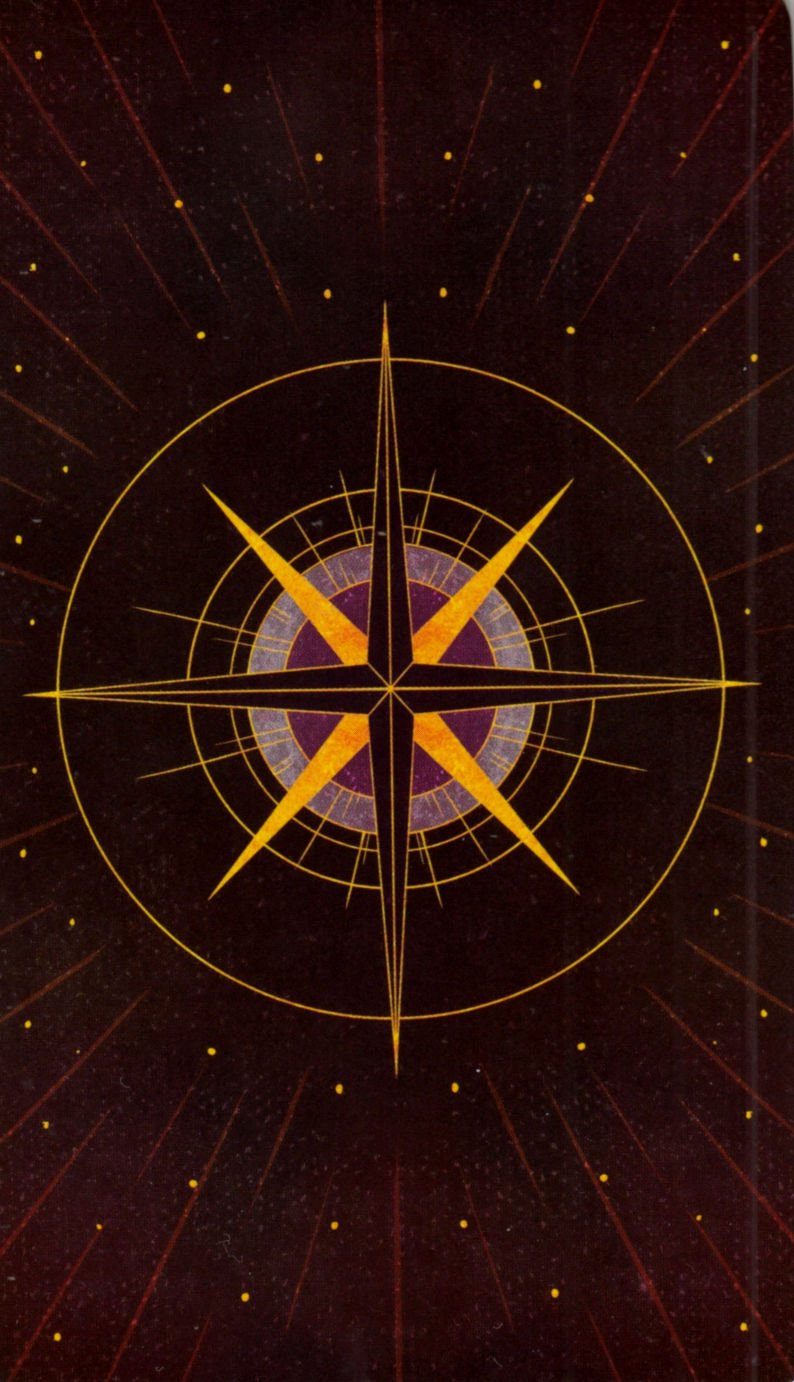It’s not?
Argentinian here. The American Revolution is presented as one of the causes of the Argentine War of Independence.
Canadian. I’m not sure it’s even taught in Canadian schools other than “Americans revolted against Britan while Canadians stayed loyal to the empire. We obtained independence diplomatically instead of through revolution” and “United Empire Loyalist” means the person’s family was American but fled to Canada in order to stay in the empire instead of join the revolutionaries.
I only learned about why Canadians stayed loyal after school by researching it myself. The high taxes imposed by the king didn’t affect northern colonies as much as it did our southern neighbours. Also, Britian would have had a much easier time with a naval invasion of Canada if they needed to squash a revolution (which is why the French settlers of Quebec didn’t rebel even though France assisted the American revolutionaries).
As someone who didn’t take history beyond the age of… 14? I learned precisely nothing about the American Revolution
I’m from Canada, we learned about it as part of a general colonization and exploration lessons.
Germany: I got 45 min in History (Advanced course/‘Leistungskurs’), 3 10 min presentations in English class. Short story: “Lincoln didn’t like slavery, States seceded, war, North won, L. abolished slavery formally, got shot, racism persisted.”
deleted by creator
LOL
North won, L.
lol, that reads a little different than you intended, I think.
Australian. Al that I know about that event was learnt from reddit conversations 😂
UK. I don’t think it’s taught at all. we learn about early colonies, puritans, and about the slave trade, but not the Revolution.
It is mentioned, mostly because the norwegian constitution takes inspiration from the american and the french ones. Though as revolutions go, the american one is considerably less covered than (one of) the french or russian ones.
The French Revolution ultimately resulted in the Napoleonic Wars, which then resulted in the Congress of Vienna and the next 100 years of (relative) peace and stability in Europe. Next to the French Revolution, the American one was a blip at the time.
From Latin America.
It was kind of like a blurb in the text book, basically.
But it gives context to other revolutions going on in the Americas before.
When I was at school in the UK, the War of Independence and the creation of the United States was taught from the perspective of slavery and the loss of the British Colonies in America, as well as the impact that the U.S. Constitution had on republicanism and anti-Monarchism.
We didn’t go into very much detail, though. It wasn’t until years later that I learned really anything about Founding Fathers (aside from George Washington and Thomas Jefferson) and the Paul Reveres, etc.
In Estonia we got a brief history lessor for most bigger countries, including the US and since the US is such a new nation it was fairly brief and most of it was skipped but the revolution and civil war were mentioned. Our history class focused mostly on Estonian history and it’s neighbors.
as an american, I find it interesting that american history would be taught in other countries. i suppose it makes sense in Canada, Mexico, and the Philippians, but in other countries? thats wild.
I had to study things like qing dynasty china and the nubian empire in high school, so I would hope the rest of the world would study the beginnings of european settlment in the new world.
In France not even a mention about it if i remeber .
That’s nuts considering the French helped with it, both militarily and financially. The Americans then didn’t even pay France back, and that caused problems with France. Eventually, the US bought the Louisiana territory from the French so the French could continue to fund their fight against the British. Despite the rude lack of payment by the Americans, the French gave the US the Statue of Liberty as a gift to celebrate the USA’s 100th birthday, liberal democracy, and the abolition of slavery.
I just remember the French gave them the statue of liberty because they hated the British. That’s about it. Just one of tons of wars and revolutions to remember some dates for a test and then forget; not super interesting.












